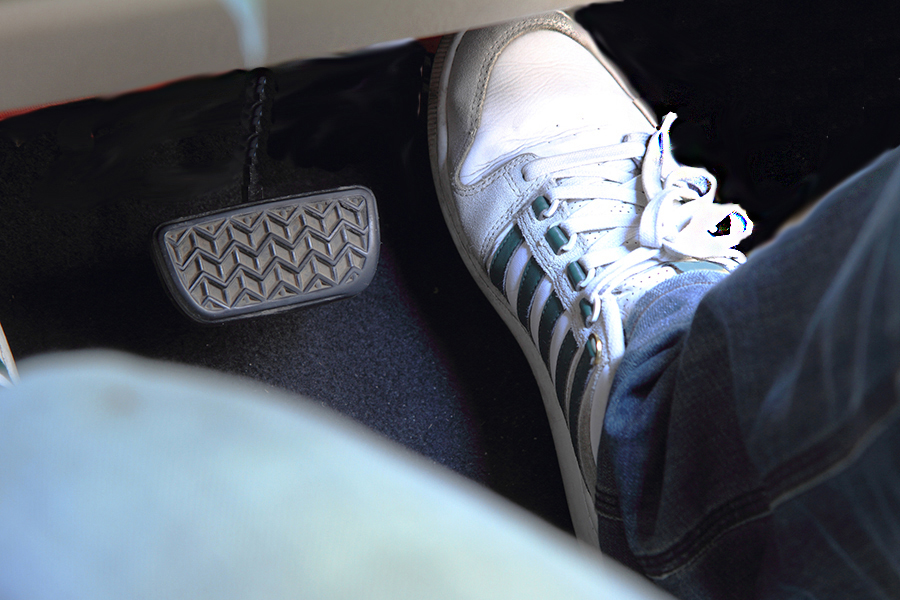|
How habits affect mileage. Part V.
In the past weeks, we’ve looked at many factors that affect the fuel mileage of RVs, and, in particular, Class A diesel pushers. Some of these factors had the ability to be manipulated by the driver and some can’t. But now we’ll focus on the “wild card,” the human factor.
In Part 1, we stated that the best economically practiced drivers get about 30 percent better fuel mileage than the worst. Let’s see why the great variation from the best to the worst.
Human Factor — Top Fuel Mileage Driver Habits
- Accelerate at a moderate rate and driving at a reasonable speed given the traffic and road conditions.
- Use the vehicle’s inertia in cresting a hill and capitalizing it on a descending grade.
- Reduce service-brake application by coasting earlier when approaching a tight turn or a stop.
- Increasing the distance between the vehicle ahead. This increases coast time while minimizing the need to brake.
- Maintaining a constant engine RPM while climbing a grade with partial throttle.
- Using cruise control for the majority of highway driving (subject to safe conditions.)
- Use reduced-speed routes or delay travel if heavy headwinds are present.
- For rest stops, fuel stops, etc., limit engine idling to 3 minutes maximum.
- Check and maintain daily the correct tire pressures.
The RV owners that get the poorest fuel mileage miss most of the above and also experience shorter brake lining life from additional braking caused by driving too fast, tailgating, and powering when inertia would do. Grade climbing behavior for the high fuel burners amounts to W.O.T. (Wide Open Throttle) instead of a balanced partial power to maintain a constant RPM.
More importantly, their more aggressive driving style creates more engine, brake and component heat. This generally contributes to a far higher maximum engine cooling frequency, which in itself is a major fuel burner. Wasted heat is wasted energy.
This, and the four previous posts, all dealt with things and happenings that increase fuel consumption. Many seem almost trivial in nature, however, even those added up will take a bite out of your wallet over time. But none can be skewed as greatly as the human factor. Reducing your fuel burn starts with you, the driver.
Should you find yourself guilty of these human factor blunders, or, worse, in the unfortunate position of having squandered your fuel economy and run dry, it helps to have a roadside assistance plan like Good Sam Roadside Assistance that offers emergency fuel service in the event of an empty tank. This safety net of fuel forgiveness can be an easy, affordable way to prevent yourself from a longer, costlier solution.
Peter Mercer – Saving Fuel, the Human Factor
